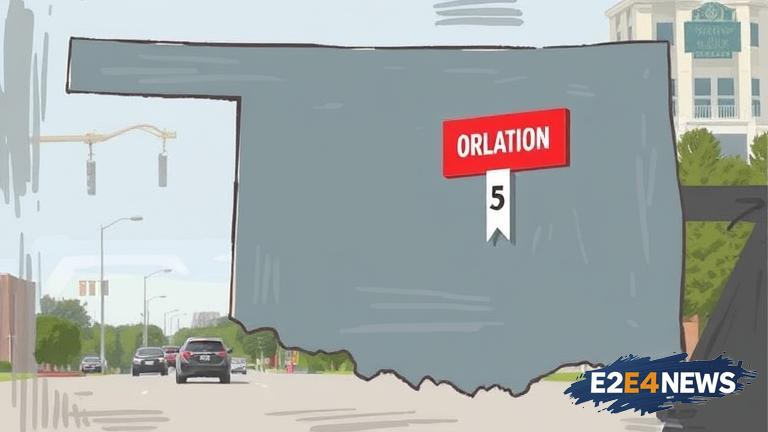The state of Oklahoma is bracing for significant reductions in SNAP benefits, which could have far-reaching consequences for thousands of its residents. The cuts, deemed historic, are expected to impact approximately 131,000 Oklahomans who rely on the program for their nutritional needs. SNAP, formerly known as food stamps, is a vital lifeline for many low-income families and individuals, providing them with the means to purchase food and other essential items. The program’s importance cannot be overstated, especially in a state like Oklahoma, where poverty and food insecurity rates are higher than the national average. The impending cuts are attributed to various factors, including changes in federal and state policies, as well as economic conditions. As a result, many Oklahomans who currently receive SNAP benefits are at risk of losing them, which could exacerbate existing food insecurity concerns. Food banks and other organizations that provide assistance to those in need are preparing for an influx of new clients, as the demand for their services is expected to increase significantly. The impact of these cuts will be felt across the state, with rural areas potentially being affected the most. In these areas, access to grocery stores and other food retailers is often limited, making it even more challenging for residents to access nutritious food. Furthermore, the cuts to SNAP benefits could have long-term consequences for the health and well-being of Oklahomans, particularly children and the elderly, who are more vulnerable to the effects of food insecurity. The state’s economy could also be impacted, as the reduction in SNAP benefits could lead to a decrease in sales for local businesses, such as grocery stores and farmers’ markets. In response to the cuts, advocacy groups and community organizations are urging state and federal lawmakers to reconsider the reductions and explore alternative solutions that would mitigate the impact on vulnerable populations. Additionally, efforts are being made to raise awareness about the importance of SNAP and the potential consequences of reducing benefits, in the hopes of mobilizing public support for the program. The situation in Oklahoma serves as a stark reminder of the ongoing struggle to address food insecurity and poverty in the United States, and the need for continued support and funding for programs like SNAP. As the state navigates these challenging times, it is essential that policymakers and community leaders work together to find solutions that prioritize the well-being and dignity of all Oklahomans. The road ahead will undoubtedly be difficult, but with collective effort and determination, it is possible to mitigate the effects of the SNAP cuts and ensure that everyone in Oklahoma has access to the nutritious food they need to thrive.
